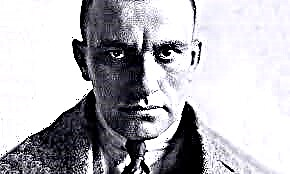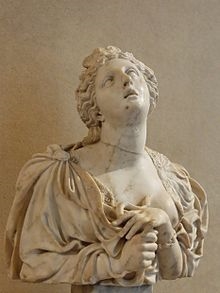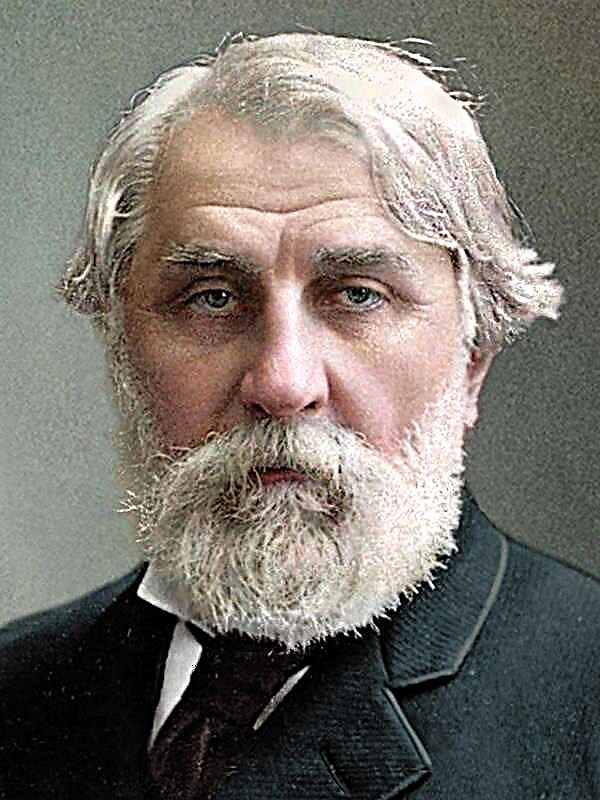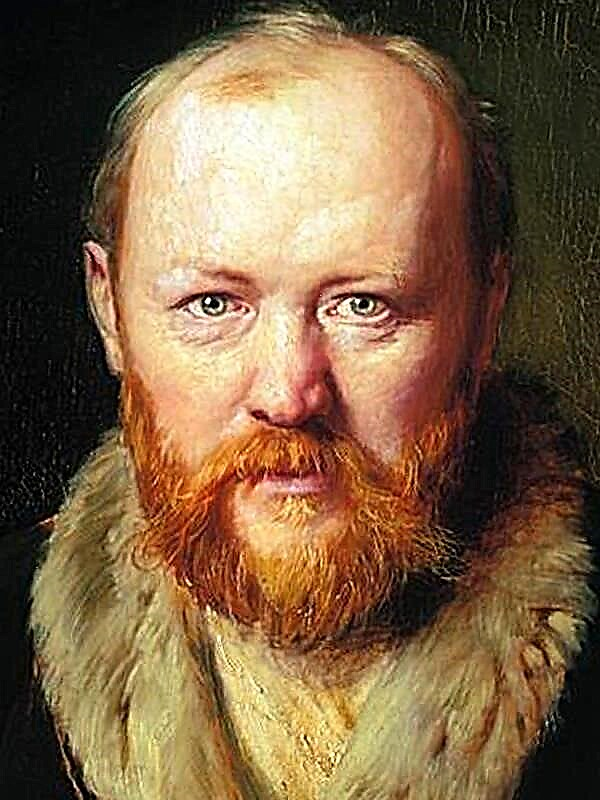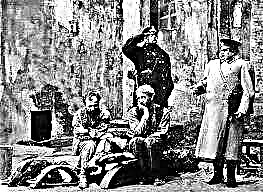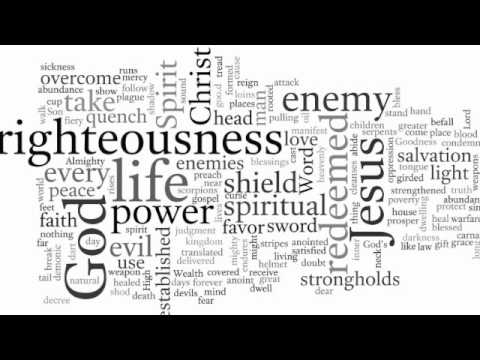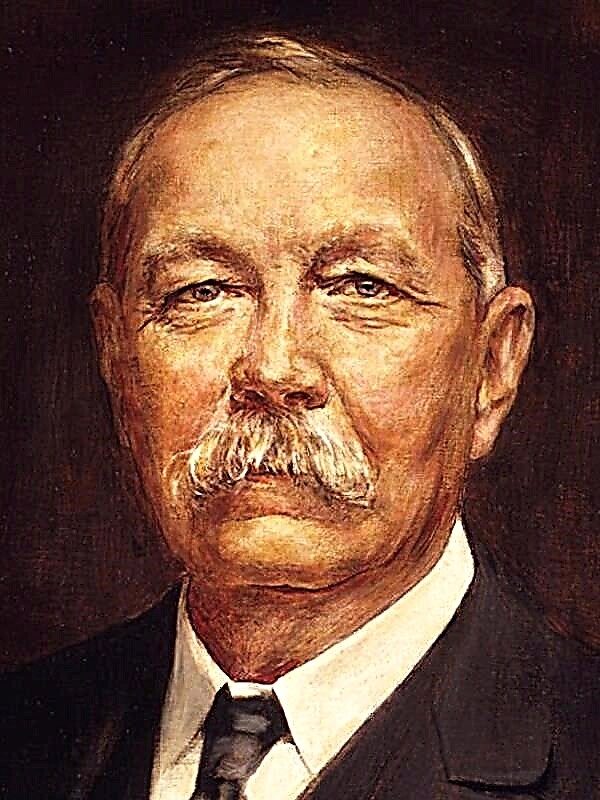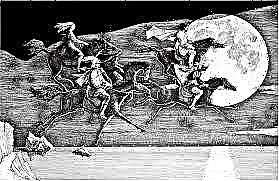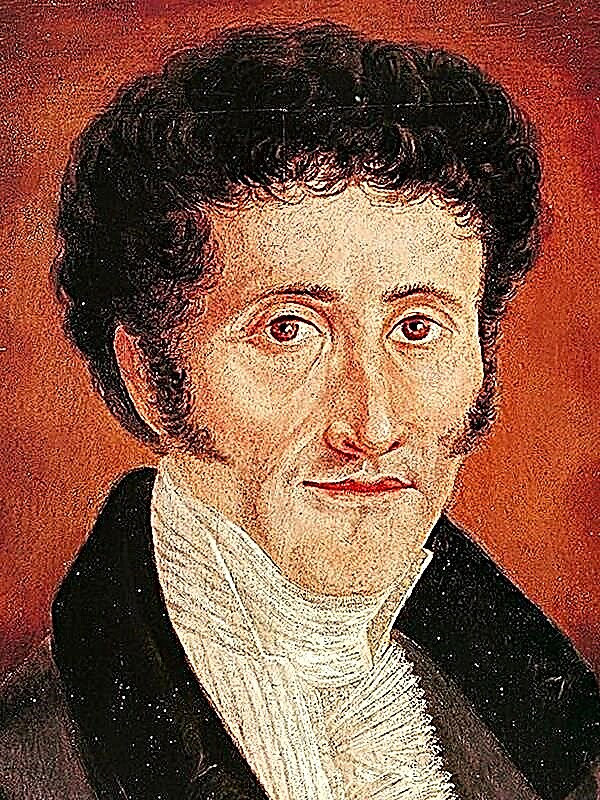To the question of who the poet is, at all times they answered differently. Each era had its own idea about the role the poetry writer plays in society. With the romantic views on the author of the verses we are introduced to the "Prophet" Lermontov.
History of creation
The poem "Prophet" Mikhail Yurievich presented to the public in 1841. By this time, the author had already written many works, and he could well imagine that there was a poet for the people.
It is noteworthy that this poem full of deep emotions was written shortly before the writer's death. Here, the author thinks about his life path, comprehends it. It is worth remembering that in 1841 Lermontov finally decided to resign and devote his life to serving literature. Such an intention could make the writer think about the role of the poet in society.
Genre, direction and size
Lermontov focuses on the biblical story - the book of the prophet Jeremiah, because the poem is close to the genre of legend. The appeal to the religious text is not accidental: in the era of romanticism, poetic abilities were considered as a gift from above - from God.
The prophet’s motif is one of the main places in Russian lyrics. It's no secret that A.S. was a favorite poet of Mikhail Yurievich. Pushkin. With his poem he continues the line begun by the idol. But the topic did not end on this “tandem”: Rosenheim, Nekrasov, Pleshcheev addressed it.
The versification also refers to the Pushkin model: the poetic size is a four-foot iambic, and the rhyme is a cross.
Composition
The poem is divided into stanzas, which is characteristic of late romanticism. There are seven of them in the work. The sixth and seventh quatrains loop the poems. They illustrate what is said in the first two - the evil words of people addressed to the poet. Central is the fourth quatrain, which speaks of the harmony that the prophet has found.
Thus, the composition is harmonious and mathematically verified: the climax speaks of balance, and the parts surrounding it inform the reader of the conflict.
Images and Symbols
The appearance of the image of the prophet in the works of Lermontov is justified by the history of his family. According to legend, the ancestor of Mikhail Yuryevich, Thomas Lermont, who lived in Scotland in the 13th century, had the gift of clairvoyance and was famous for his skillful sorcerer. In the XVI century, his descendant, George Lermont, ends up in Russia - this is how the Lermontov family begins.
A striking example of the image of the prophet poet in Lermontov’s work is the lyrical hero of the youthful poem “Prediction”, where the author predicts the events of the revolution of the early twentieth century. “My soul” is another work of this kind. Here Lermontov guesses his own fate: "I foreknow my lot, my end ..."
The lyrical hero in the "Prophet" appears as a mature and whole person. He does not grumble at people or his fate, but rejoices in finding his refuge - the desert. It symbolizes the place where divine revelation descends. The image of the prophet, created by Lermontov, resembles a holy fool - a poor wanderer, who refused for the sake of serving Christ from all earthly blessings.
Themes and mood
- Loneliness. The prophet poet is fully aware of his mission - to tell people the truth. But this is far from always pleasing to the public. Therefore, he is forced to seek peace and solitude in the desert, where the stars listen to him. Without depriving himself of society, the hero cannot fully realize his abilities, therefore the prophet performs the feat of seclusion. When the author speaks of exile, he is full of despair and compassion for people. The mood is replaced by joyful when it comes to nature and stars.
- Poet and poetry - main theme. Creativity is a gift from heaven. And you need to treat him with due responsibility. Tolerate misunderstanding, loneliness - to make many sacrifices in order for the world to recognize divine words.
- Poet and crowd. The people do not want to accept the poet, people resist the covenants of love and truth. Instead of listening to the words of the prophet, she cast him out. So true, sincere verses often came under the yoke of criticism, and their authors - in exile.
Idea
The main idea of the poem is to steadfastly and courageously follow its mission. People are not pleased to know the truth about themselves, but still there must be someone who broadcasts it. And this is a prophet poet. He is called to teach greedy and envious people to live in peace and harmony. The lyrical hero understands that it will not be easy, but he is ready for difficulties and hardships. After all, the “eternal judge” himself called him to this ministry.
The meaning of the poem was suffered by the poet, because he himself often had to fight in duels, defending his right to directness and honesty. One of these fights and killed him.
Means of artistic expression
In the first stanza there is a metaphor: "In the eyes of people I read // Pages of anger and vice."
The author emphasizes the hero’s intentions with the epithet “pure”, which speaks of the sincerity and disinterestedness of the prophet. By definition, the “proud" smile of an old man who fosters children's contempt for such as this poet is contrasted with this. The lyrical hero draws his portrait through the look of a man from the crowd: “How gloomy and thin and pale he is!”
In the poem, the desert and the world of people are contrasted, and the vehicle between them is a prophet who knows the truth.
In addition, the author uses a phraseological phrase, originating in the Old Testament, “I sprinkled ash on the chapter.” Which speaks of the despair and regret of the prophet.



